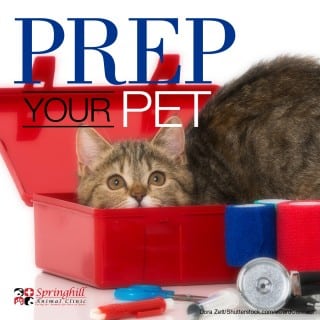Horses are affected by five types of rhinopnuemonitis/equine herpes virus (EHV 1-5). EHV-1 is most common form of EHV found around the globe and was previously called equine abortion virus; while it is known for causing reproductive disease, it is also known for causing respiratory and neurological disease. EHV-4 is more commonly known as rhinopneumonitis, found mostly among foals and yearlings. It is a major cause of respiratory disease in horses but can also result in abortion and neurological disease.
EHV is passed through direct contact–nose-to-nose–or indirect contact via buckets, clothing and blankets that have been contaminated by infected horses. The virus may also be spread through contact with aborted fetuses, placental fluids or placentas from infected horses. Horses may also become latent carriers following infection.
EHV causes respiratory issues including fevers of 102 to 107 degrees F that last up to a week, coughing, depression, going off feed and nasal discharge. In pregnant mares, abortion usually occurs between months seven and 11, between two to 12 weeks after infection. Signs of neurologic disease include mild incoordination, hind limb paralysis, recumbency and loss of bladder and tail function. Treatment for EHV includes supportive care and non-steroidal anti-inflammatory drugs to reduce fever, pain and inflammation.
If your horse is part of an outbreak, he needs to be isolated from other horses and the stable quarantined for at least three weeks after signs of the disease in the last case diagnosed cease. All stable equipment, barn stalls, aisles and other surfaces should be cleaned and disinfected. The virus is readily killed by common disinfectants. People handling the infected horses need to wash their hands after each handling, wash their shoes in a disinfecting footbath and change clothing before working with uninfected horses.
Prevention of the virus includes isolating horses who arrive from other locations for three to four weeks before being introduced to your other horses. Reducing management-related stressors can help lessen the chances of reactivation of latent EHV in carrier horses. Two types of vaccines are available, and while they won’t completely prevent the disease, the vaccines may reduce the severity and duration of the virus.
If you suspect your horse is infected with EHV, contact us immediately so we can begin testing and formulate a treatment plan for your horse.



